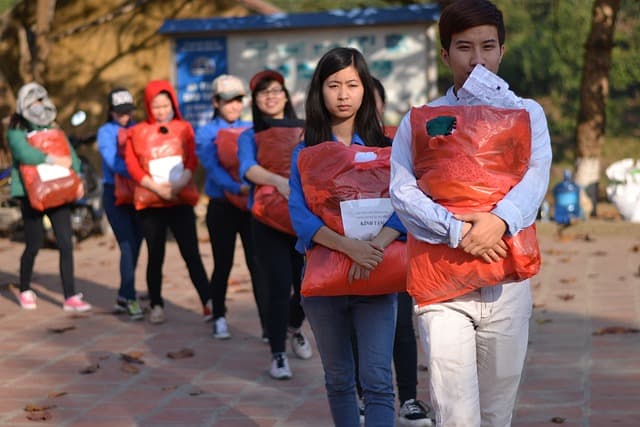
Volunteering is an integral part of the work of non-governmental organizations (NGOs) and plays a key role in achieving their mission and goals. In this article, we look at why volunteering is a driving force for NGOs and its importance to society.
Helping to solve social problems
Volunteers are a living testimony to social problems and are willing to provide practical help wherever it is needed. They work together with NGOs on projects that address poverty, homelessness, education, environmental problems and many other complex issues. Without the support of volunteers, NGOs would not be able to address these issues as effectively.
Empowering NGOs
Thanks to volunteers, NGOs are able to expand their impact and reach. They allow organizations to increase their resources and expand their geographic reach. This is especially important for small and young NGOs that do not always have enough funds and staff to implement ambitious projects.
Ideas and creativity
Volunteering brings new ideas, experience and creative problem solving to NGOs. Volunteers often come with a variety of professional and personal skills that can be applied to the work of the organization. This fosters innovation and increases the effectiveness of the NGO’s work.
Contributing to public awareness
Volunteers play an important role in sensitizing the public about the problems faced by NGOs. Their participation in various events, activities and campaigns helps to draw attention to important issues and create public support for NGO activities.
Mutually beneficial cooperation
Volunteering is a mutually beneficial cooperation for both parties. Volunteers get the opportunity to contribute to the betterment of society, expand their skills and experience, and meet interesting and like-minded people. In turn, NGOs receive valuable assistance and support that helps them realize their missions.
Promoting long-term sustainability
Volunteering contributes to the long-term sustainability of NGOs. Through volunteer participation, organizations can reduce staff costs and improve resource allocation. This allows them to focus their efforts on implementing programs and initiatives, which increases their effectiveness and efficiency.
In conclusion, volunteering is an invaluable driving force for NGOs. Volunteers not only help solve social problems and empower NGOs, but also contribute fresh ideas, improve the quality of work and promote community development. They are the spark that keeps the fire of social change burning and makes the world a better place.



